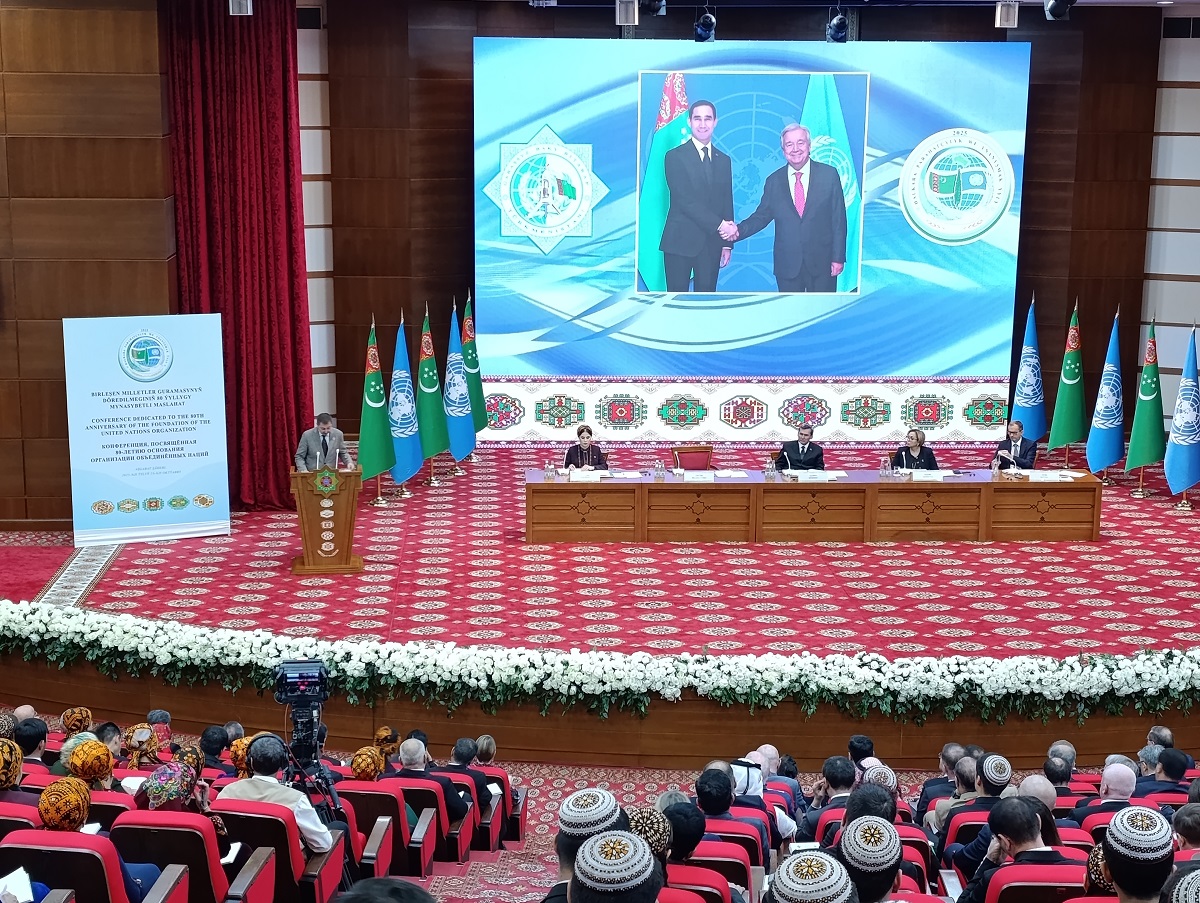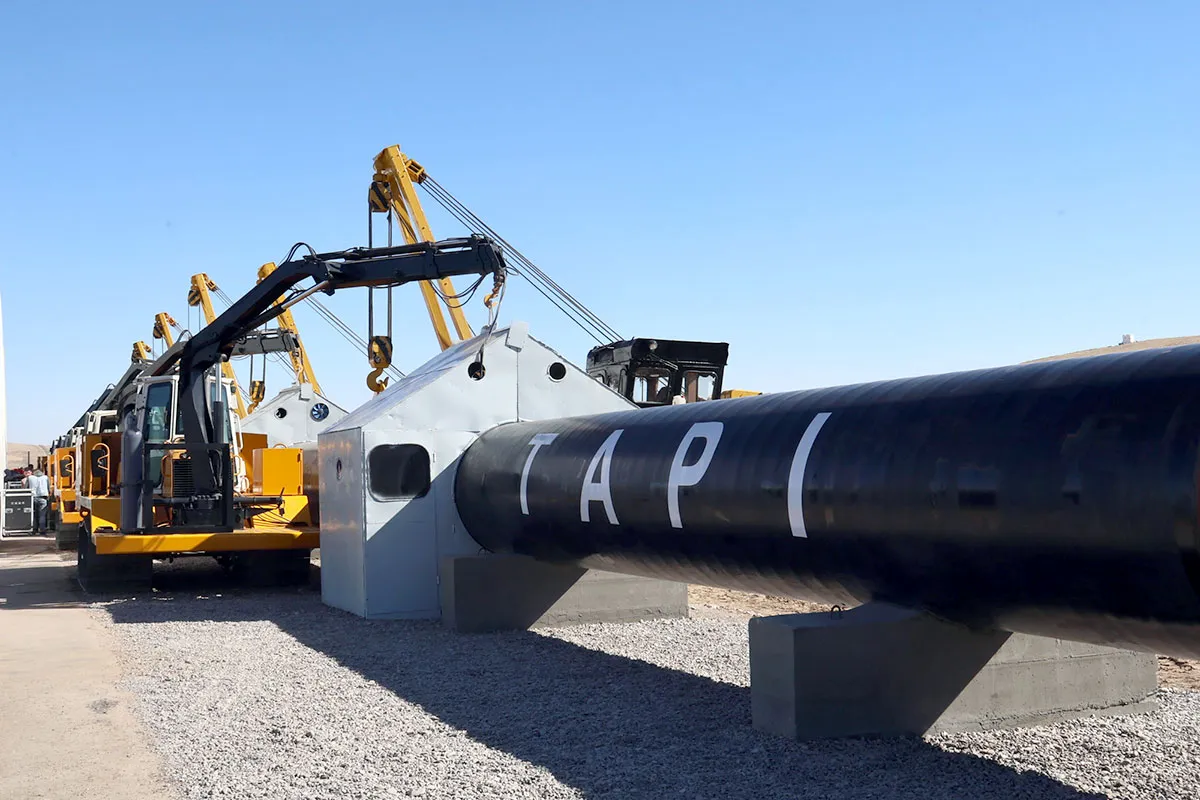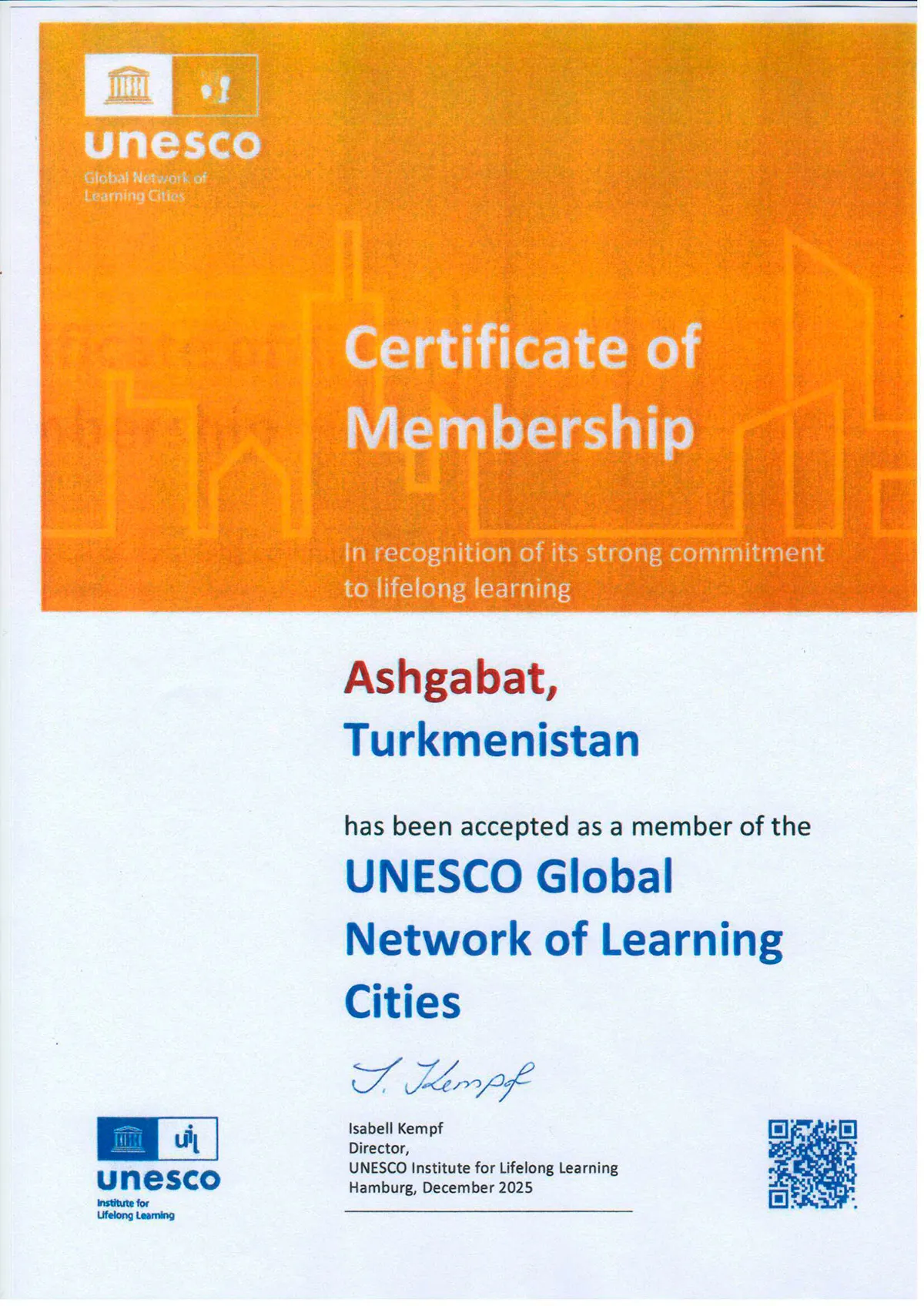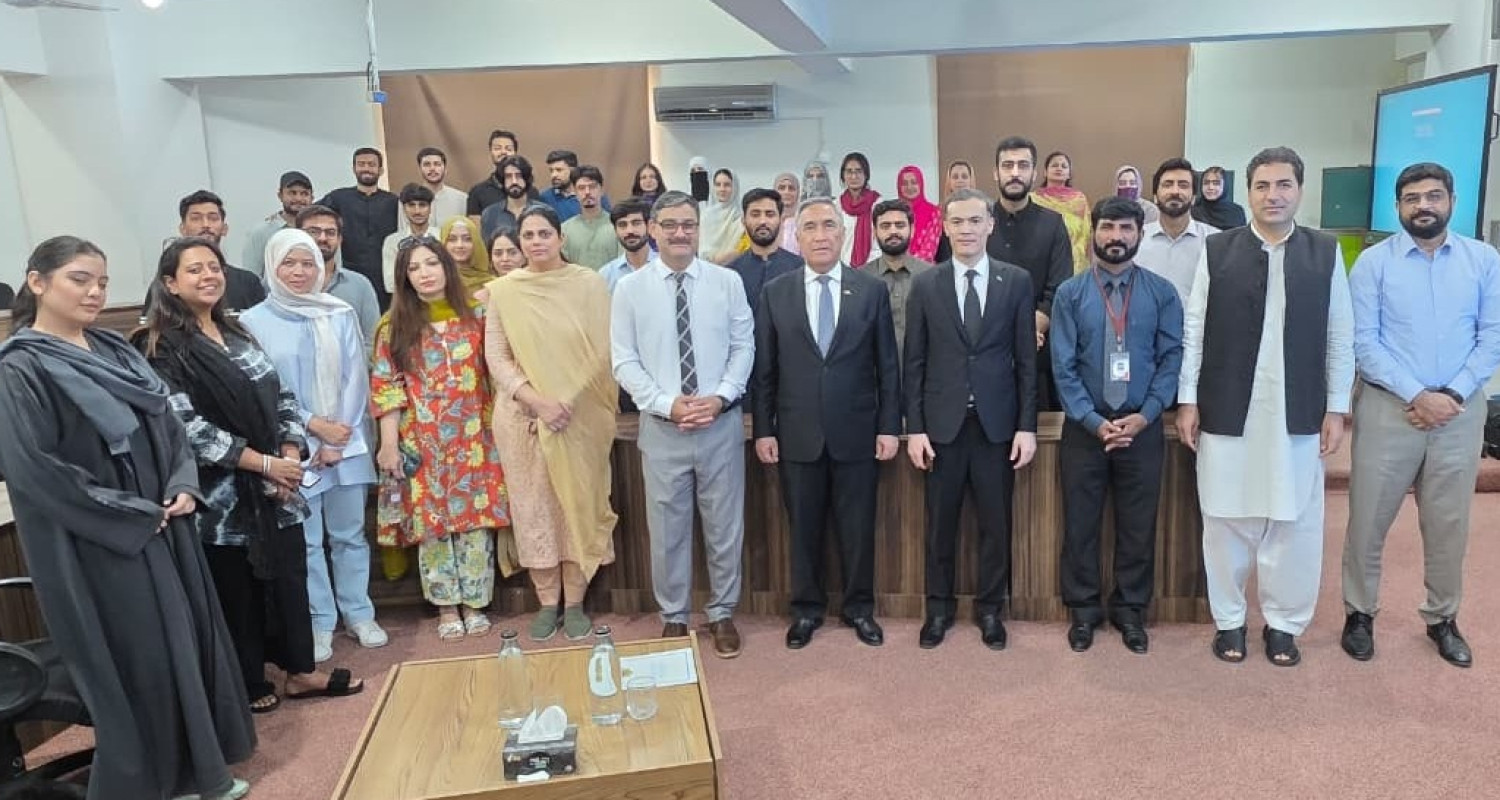Playlist
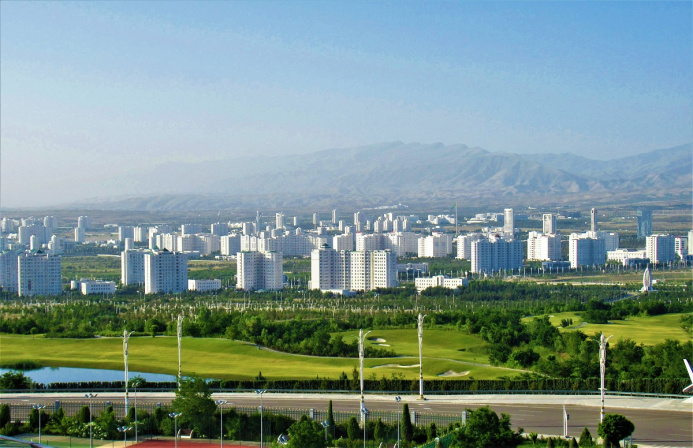

On September 29–30, Ashgabat hosted the sixth meeting of the Turkmen-Hungarian Intergovernmental Commission on Economic Cooperation. The Hungarian delegation was led by Boglárka Illés, State Secretary for Bilateral Relations at the Ministry of Foreign Affairs and Trade of Hungary.
The visit featured a number of high-level meetings, signaling a transition from general dialogue to practical cooperation. Energy emerged as a top priority. Hungarian officials held direct negotiations with Turkmenistan’s Ministry of Energy and the “Turkmengaz” State Concern to explore joint energy initiatives.
The participation of the CEO of Hungary’s leading energy company, “MVM Group Co. Ltd”, highlighted the serious intent to develop energy connectivity and long-term projects. Hungary, as an EU member state, sees Turkmenistan as a strategic partner in diversifying energy imports.
A major topic was the upcoming bilateral agreement on mutual investment protection, expected to strengthen legal frameworks and boost Hungarian investment into Turkmenistan’s economy.
The commission also addressed traditional sectors like agriculture, food production, water resource management, environmental protection, and healthcare. The Hungarian delegation’s visit to the National Carpet Museum of Turkmenistan reflected interest in expanding cultural and tourism ties.
The session concluded with the signing of the official protocol, with the next meeting planned to be held in Budapest.
Also read
Most viewed
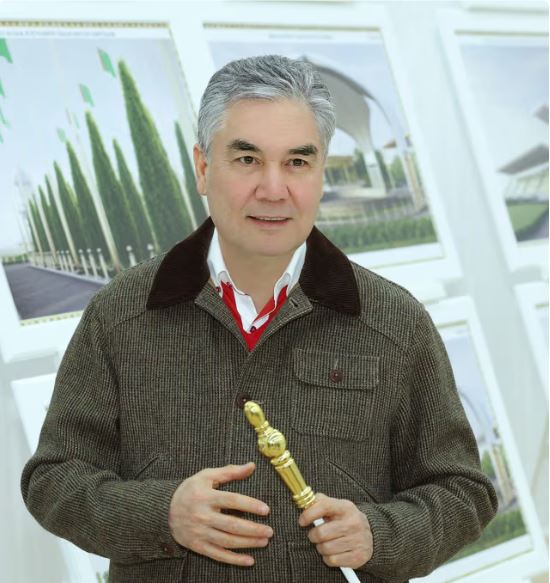

National Leader of the Turkmen people pays working visit to Balkan region of Turkmenistan
The National Leader of the Turkmen people, Gurbanguly Berdimuhamedov, paid a working visit to the Balkan region of Turkmenistan today. During the trip, the Chairman of the Halk Maslahaty of Turkmenistan reviewed issues related to the high-level organization of major international events scheduled to be held in Turkmenistan in 2026, in line with the country’s foreign policy strategy.
As part of the visit, the National Leader of Turkmenistan examined project proposals concerning the readiness of facilities planned for international events along the Caspian Sea coast. Attention was given to the landscaping of surrounding areas, the modern design of entrance zones, the level of interior equipment, the layout of venues for various stages of international forums, and the progress of interior finishing works in buildings intended for large-scale conferences.
Gurbanguly Berdimuhamedov emphasized that all necessary conditions must be created for international guests attending events in Turkmenistan. He also highlighted the importance of fully integrating digital technologies into these facilities and provided guidance to relevant officials.
During the working trip, the National Leader conducted an aerial inspection by helicopter over the Avaza National Tourist Zone, where he reviewed ongoing construction projects. Upon completion of the visit to the Balkan region of Turkmenistan, Gurbanguly Berdimuhamedov returned to Ashgabat.
Also read
Blitz
